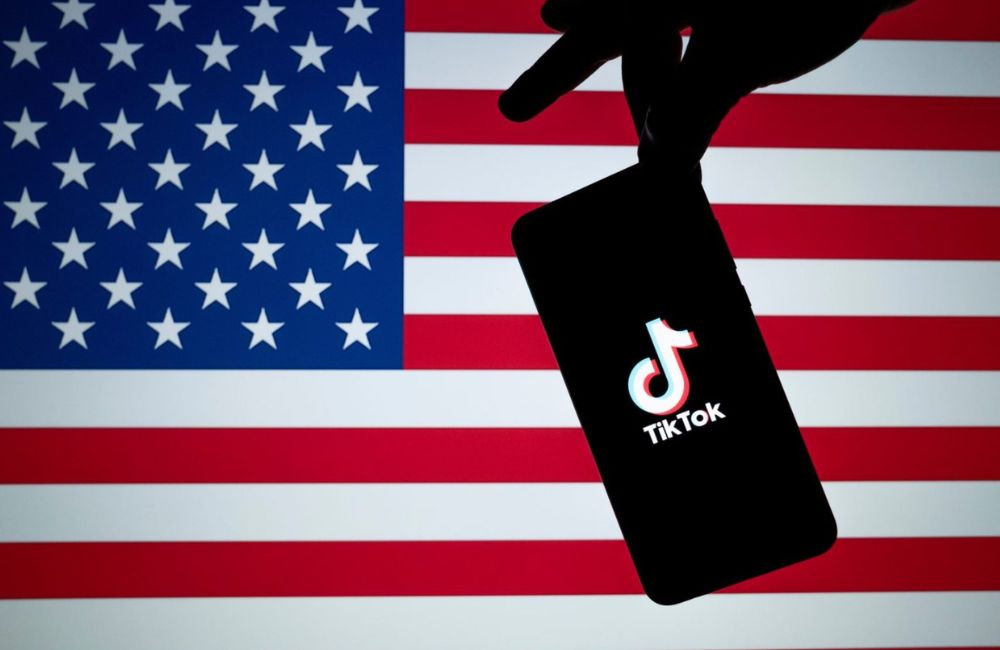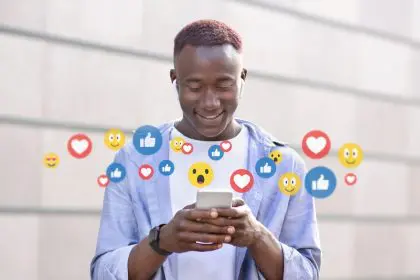With TikTok facing a potential ban in the United States by January 19th, mental health experts are raising alarm bells about the psychological consequences for millions of users who have integrated the platform deeply into their daily lives. Dr. Corey Emanuel, a prominent media psychologist specializing in social media’s mental health effects, warns that the impact could be more severe than many anticipate.
More than just entertainment
For countless users, TikTok has evolved beyond a simple video-sharing platform into what Dr. Emanuel describes as a “digital home.” This virtual space has become a sanctuary where people find connection, creative expression, and community support. The platform’s potential disappearance threatens to disrupt these established social bonds and daily routines that many users have come to rely on for emotional well-being.
Understanding the brain chemistry
The addictive nature of TikTok isn’t just about compelling content. Dr. Emanuel explains that the platform triggers regular releases of dopamine, the brain’s pleasure chemical, creating a reward system that keeps users engaged. When users stumble upon entertaining or emotionally resonant content, their brains release this feel-good chemical, establishing a cycle of positive reinforcement that becomes deeply ingrained in daily life.
A unique digital ecosystem
Unlike other social media platforms that prioritize polished, curated content, TikTok has cultivated an environment that celebrates authenticity and creativity. This judgment-free atmosphere has made it particularly appealing to users seeking genuine connection and self-expression, setting it apart from platforms like Instagram or LinkedIn. The potential loss of this unique space could leave many users struggling to find similar acceptance elsewhere.
The withdrawal symptoms
Users spending one to two hours daily on TikTok might experience significant psychological responses to losing access. Dr. Emanuel notes that these reactions could manifest as increased feelings of isolation and disconnection from their established online communities. Many users might struggle with a sense of identity disruption, as their regular means of self-expression suddenly disappears. Anxiety about lost connections and emotional withdrawal symptoms similar to other forms of digital detox might surface, accompanied by grief-like responses to the loss of their online community.
Impact on diverse communities
Research from the Pew Research Center highlights TikTok’s significant role in amplifying marginalized voices, with 16% of its news consumers being Black users. The platform’s potential ban could disproportionately affect these communities, disrupting established networks of support and representation that have become vital channels for sharing stories and perspectives often overlooked in mainstream media.
Navigating the transition
Dr. Emanuel emphasizes the importance of preparing for the potential platform loss. Users should begin acknowledging their emotional attachment to the platform and start developing alternative routines that can fill the void. Maintaining connections through other channels becomes crucial, as does exploring new creative outlets that can provide similar opportunities for expression and community building.
The search for alternatives
While other platforms like Lemon8 and RedNote may attempt to fill the void, Dr. Emanuel notes that recreating TikTok’s unique algorithm and community culture won’t happen immediately. The transition period could lead to a fragmented social media landscape as users search for new digital homes, potentially causing additional stress and anxiety during the adjustment period.
Professional guidance
Mental health experts recommend approaching the transition with patience and self-compassion. Processing feelings of loss openly and creating new daily routines can help ease the adjustment. Strengthening existing relationships and finding alternative creative outlets become essential steps in maintaining emotional well-being during this change.
The broader impact
The ban’s effects could extend beyond individual users to reshape the entire social media ecosystem. Platforms like Instagram and YouTube are expected to enhance their short-form content features, potentially leading to increased competition for user attention and further fragmenting online communities.
Supporting mental health
For those struggling with the transition, professional support resources are available and should be sought without hesitation. Mental health experts emphasize that feelings of loss or anxiety during this adjustment period are valid and deserving of attention and care. The key lies in recognizing when these feelings become overwhelming and seeking appropriate support through professional channels or trusted personal connections.

















